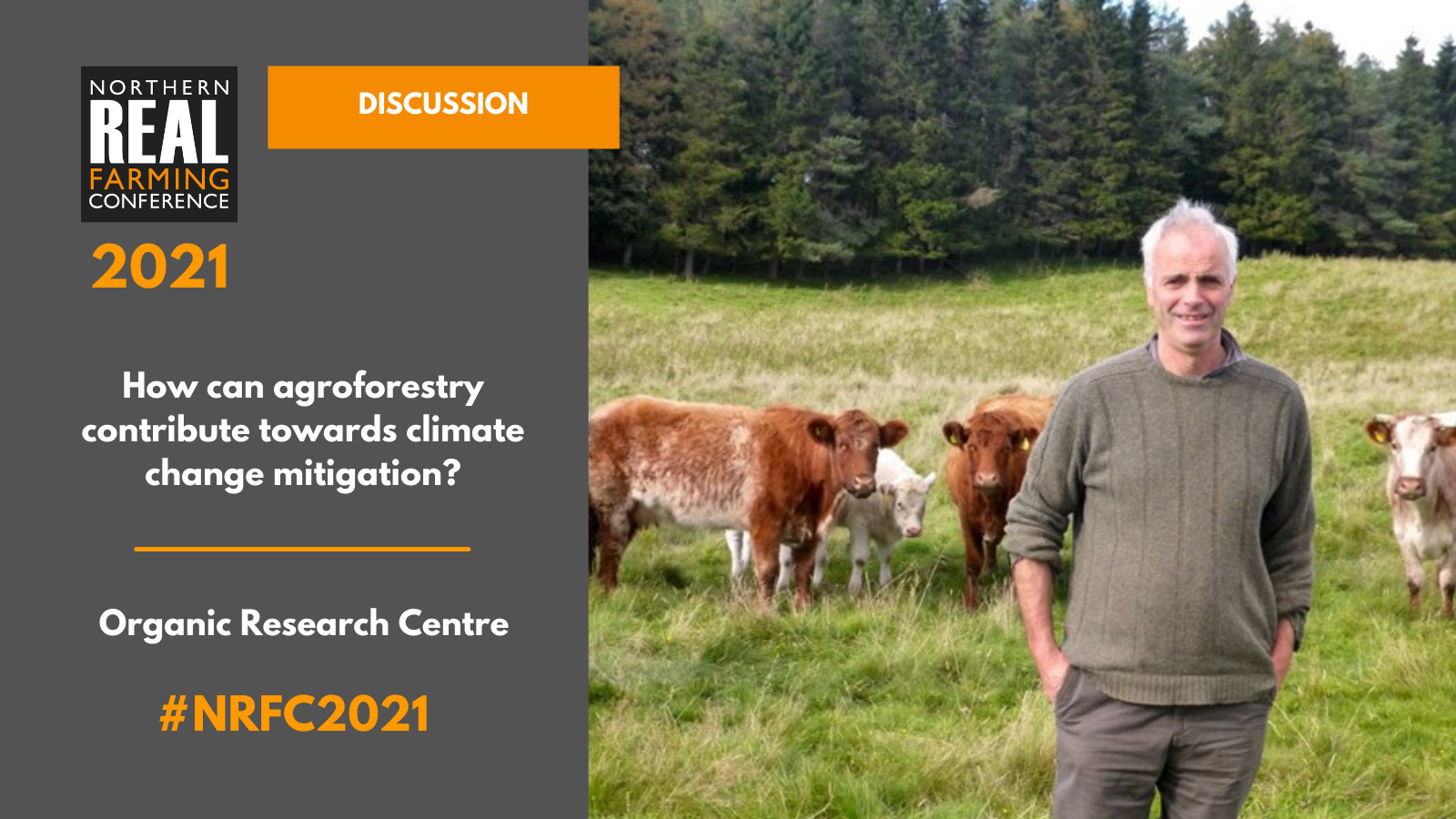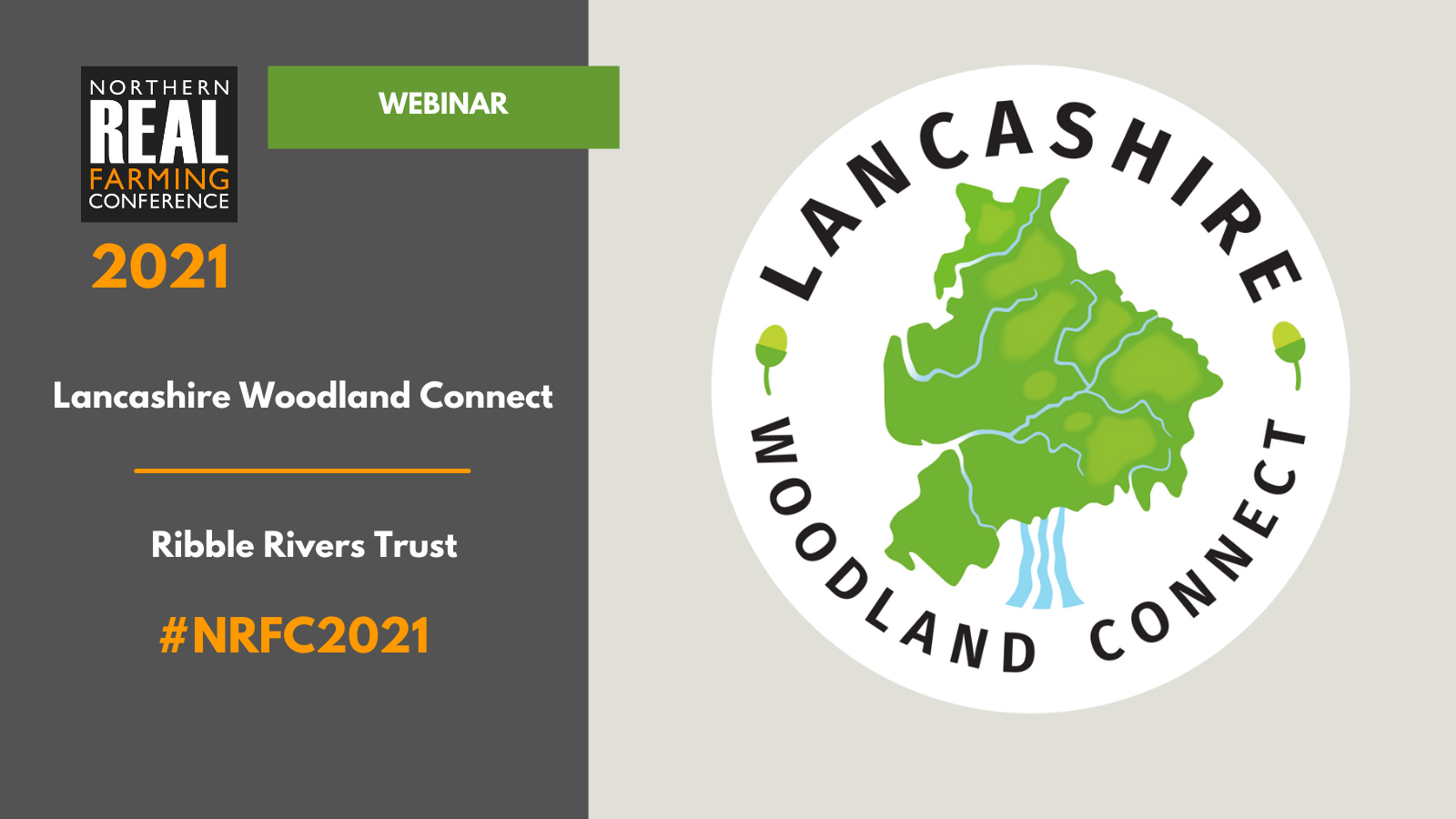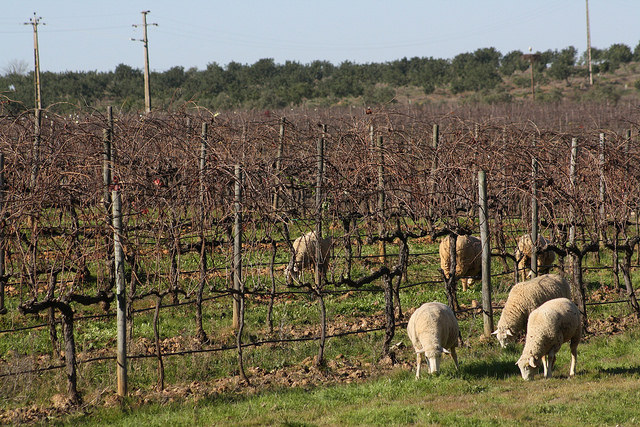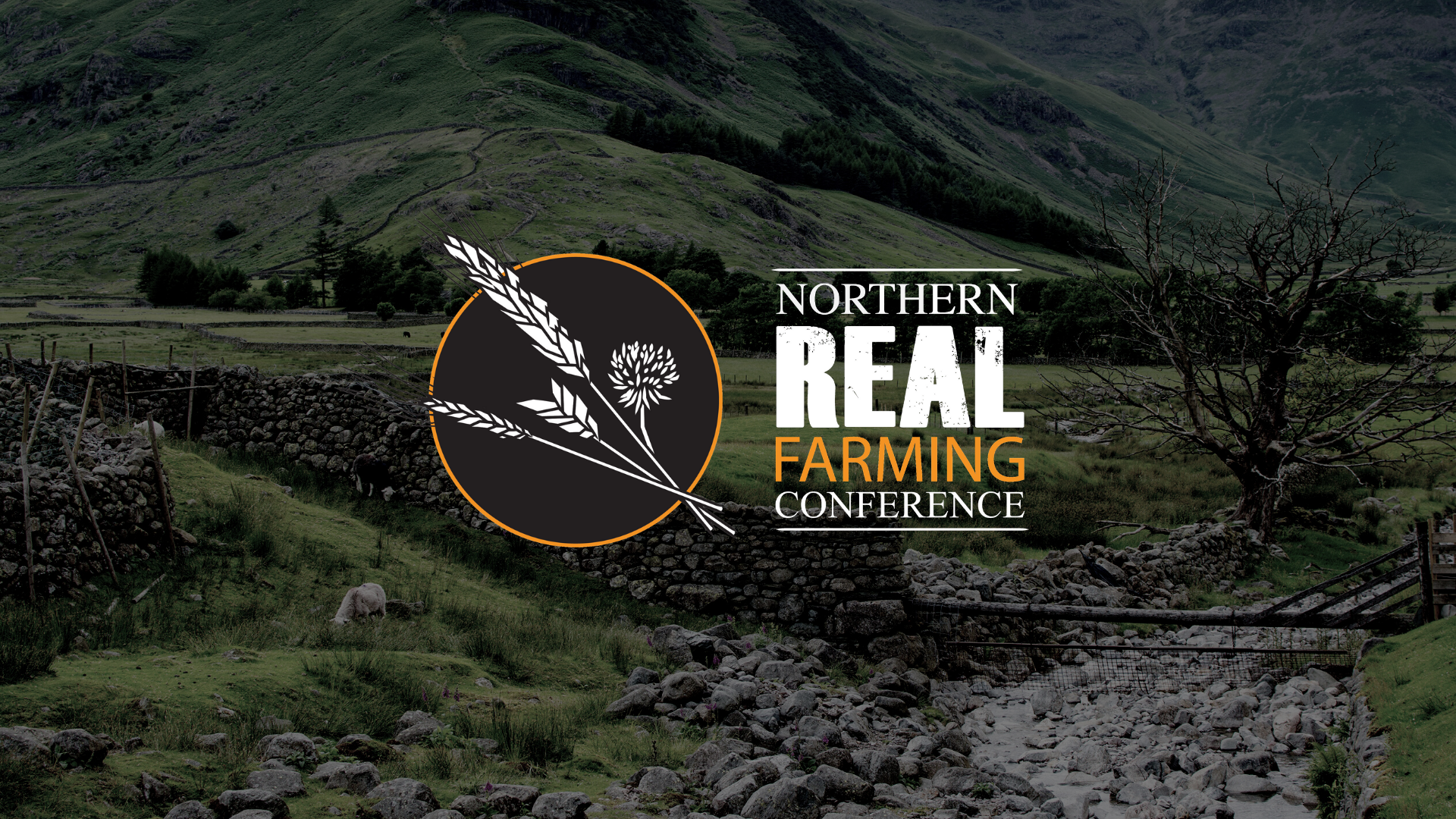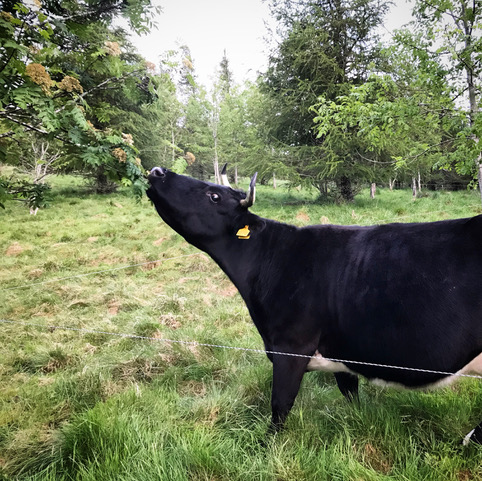Hosted by the Organic Research Centre
National representatives have gathered for the UN Climate Change Conference (COP26). We know that more is needed, but how can we achieve it? The land management and farming sectors have a vital contribution to make to meeting global targets on climate change. Farmers and food businesses can be at the forefront of developing and implementing at scale solutions which cost-effectively address sustainability challenges. However, their contribution is often under-supported.
We believe that agroforestry can contribute to the achievement of future climate change mitigation targets, but what policy environment can support it? We will explore this question with a panel representing the latest research, on-farm experience, and policy developments, followed by open discussion with attendees.
In this session we will focus on the climate change benefits of agroforestry. We will explore the carbon benefits of agroforestry systems as well as how trees on farm can help build resilience and support adaptation to extreme weather events. The practicalities of implementation and the current direction of travel for support options via the Environmental Land Management (ELM) scheme will also be discussed.
After presentations by the panel, there will be opportunity to share your experiences and shape the conclusions drawn from the meeting. The presentations, discussion and conclusions will feed into the development a policy brief that will be delivered after the meeting: highlighting the benefits of agroforestry for climate change mitigation alongside recommendations on how these benefits may be realised.
Speakers/hosts include:
Becky Wilson – Becky is Technical Director of the Farm Carbon Toolkit and has been working with farmers for the last 8 years helping assess their current carbon balance, understand the practical mitigation measures available and implement them. She has been leading The Soil Carbon Project; a partnership project aimed at understanding the potential for soil carbon sequestration across farms, and how soil carbon can be assessed and measured in a way which is practical and robust.
Andrew Barbour – Andrew works on a family farming and forestry business in Highland Perthshire. Running both a cattle and sheep enterprise on land that is over 1000ft altitude, the family have long been interested in the role that shelter plays in the farming part of the business. Different generations have all developed shelter woods on the farm and Andrew is interested in the management of pastoral woodlands and how they integrate with grassland management.
Will Simonson – Will is Head of Research at the Organic Research Centre. With research experience in forest ecology at the University of Cambridge he also leads ORC’s agroforestry research programme. He was previously at a Cambridge based NGO working in the field of climate change adaptation and mitigation using ecosystem-based approaches, including collaboration with The World Agroforestry Centre (ICRAF). Current and recent research at ORC is exploring the benefits of hedgerows, shelter belts and in-field trees for system resilience in the face of climate change and biodiversity loss, including through the EU-funded AGROMIX project (https://www.organicresearchcentre.com/our-research/research-project-library/agroforestry-and-mixed-farming-systems-participatory-research-to-drive-the-transition-to-a-resilient-and-efficient-land-use-in-europe-agromix/). ORC also leads the ELM test: Designing an Environmental Land Management system for UK agroforestry (https://www.organicresearchcentre.com/our-research/research-project-library/agroforestry-elm-test-designing-an-environmental-land-management-system-for-uk-agroforestry/)

